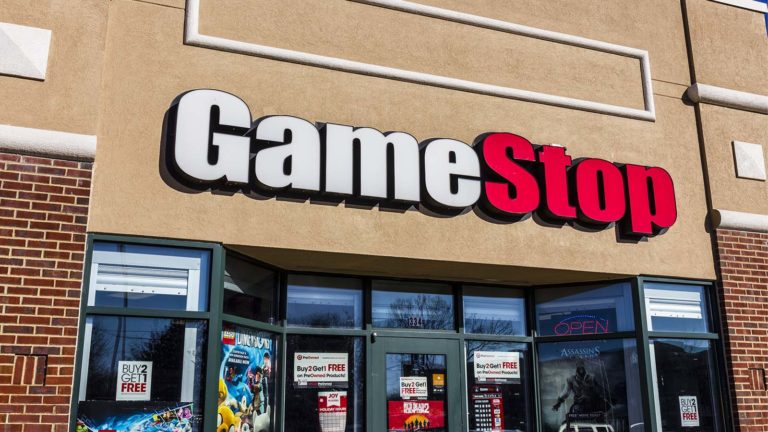Shares of GameStop (NYSE:GME) opened higher by over 50% after the video game retailer reported its fourth-quarter earnings. At the same time, the cost to borrow (CTB) fee for GME stock rose to as high as 30.88% today, up from 19.24% compared to yesterday. The fee is currently at 25.26%.
During the quarter, GameStop reported revenue of $2.226 billion, down from $2.254 billion year over year (YOY), and earnings per share (EPS) of 16 cents. Importantly, the company posted a profit of $48.2 million, its
first quarterly profit for the first time in two years.
Furthermore, GameStop’s cost-cutting measures have paid off, as selling, general and administrative expenses tallied in at $453.4 million. That’s down from $538.9 million a year ago. GameStop’s inventory level also dropped to $682.9 million compared to $915 million YOY, which reflects its “ongoing focus on maintaining a healthy inventory position.”
So, what’s the deal with GameStop’s CTB fee? Let’s get into the details.
GME Stock: Cost to Borrow Fee Hits 30.88%
The CTB fee is the yearly rate at which short sellers must pay to borrow stock. The fee moves with supply and demand. Therefore, more short seller demand will equate to a higher fee, while less demand equates to a lower fee. A higher fee can also signal a scarcity of available short shares. Generally, a stock with a CTB over 10% is considered high, while a fee over 20% is considered very high.
In addition, a high CTB fee could be perceived as a positive for shareholders. This is because a high fee can influence short sellers to sell out of their position by buying the underlying stock in order to escape the fee. A high fee also lowers the chances of a short seller emerging profitable in their trade.
In a tweet, S3 Partners Managing Director of Predictive Analytics Ihor Dusaniwsky noted that short interest for GME is 21.79% of the float with a value of $946 million. That figure seems high enough to drive a short squeeze, as any reading above 10% is considered high. He also mentioned, “Release the hounds, let the short squeeze begin.”
Shares of GME are currently up by over 40%. The results of the Federal Open Market Committee (FOMC) today will likely influence the price of GME in the near term.
On the date of publication, Eddie Pan did not hold (either directly or indirectly) any positions in the securities mentioned in this article. The opinions expressed in this article are those of the writer, subject to the InvestorPlace.com Publishing Guidelines.

